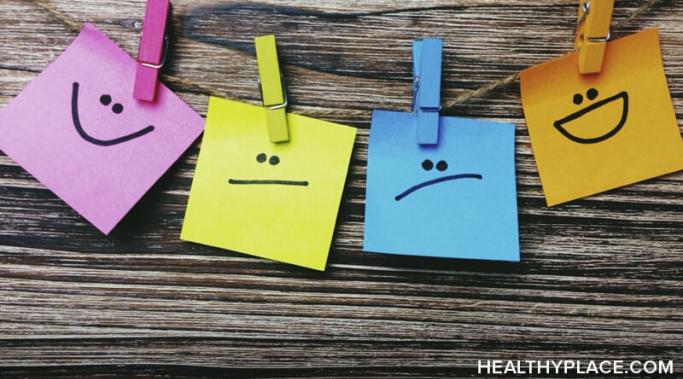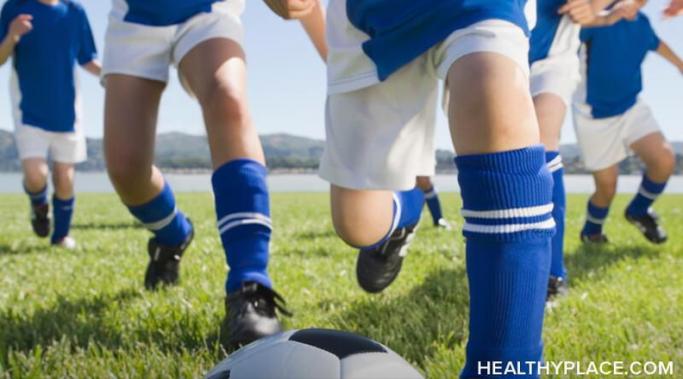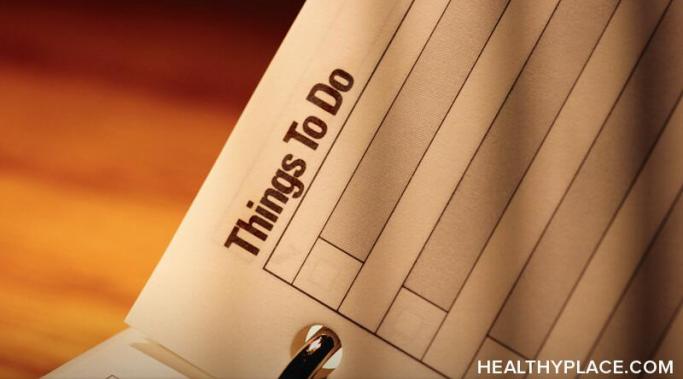Blogs
The road to recovery from borderline personality disorder (BPD) has been a tumultuous journey. You will get no arguments here. Life might be a tad smoother minus the BPD baggage, but catching those glimmers of hope and progress on the journey to recovery from BPD? That's where the real soulful rewards lie.
Verbal abuse can happen in team sports. Sports have existed for thousands of years, available to people of all cultures and ages. Unfortunately, so has verbal abuse. When these two worlds integrate, the results can be devastating. Verbal abuse in team sports can come from coaches, players, parents, or spectators, affecting everyone.
Confession: I don't want to make eating disorder (ED) recovery resolutions this year. In the past, I have dutifully written an exhaustive list of all the milestones I intend to reach in my healing journey, but as 2024 rounds the corner, this ritual suddenly feels more like pressure than motivation. I am a firm believer that recovery is not about ticking off certain boxes or following an arbitrary schedule. I set goals for myself, but I have learned to release expectations as to when I might achieve them. Maybe I'll form a healthier relationship with my own body as soon as tomorrow—or maybe it will take me a lifetime. Either way, I am done trying to force specific outcomes, so I don't want to make ED recovery resolutions this year.
I've found that emotional flashbacks are not as commonly discussed as "regular" flashbacks in posttraumatic stress disorder (PTSD). When I was first diagnosed with PTSD, I questioned my diagnosis because I hadn’t been experiencing the common symptom of a “flashback.” Flashbacks are a major part of PTSD, typically occurring in the form of visual memory and negatively stimulating our physical senses. However, I learned that many people — myself included — experience “emotional flashbacks,” or intense feelings of fear, shame, anger, and despair that are associated with a specific trauma.
As uncomfortable as this feels to admit, my version of self-love is conditional. Memes and mantras extolling the virtues of radical self-love are splashed across my Instagram feed, but I can't seem to take in the message. I have no idea how to accept and affirm myself, no matter the circumstances. I measure my value in terms of factors like outward appearance, work achievements, fitness performance, and societal contributions. I know it's not right, but my version of self-love is purely conditional. Maybe I should get to the root of this issue in 2024.
I just tested positive for COVID-19 on top of managing schizoaffective disorder and anxiety, and having just had the second of double knee replacements.
Practicing self-care is not selfish. If you struggle with caring for your needs, you aren't alone. Individuals who are targets of verbal abuse often neglect themselves because they are hypervigilant about their abuser's behaviors. This increased alertness can cause extreme sensitivity to your environment, causing you to overreact in some situations. Living in this continuous state of fear and anxiousness drains you mentally and physically, creating a self-care deficit. It's important to learn that it's not selfish to practice self-care.
I often find that I experience high levels of anxiety during the holidays. This can make it difficult to enjoy the holidays and to experience the season's festivities. It's also difficult to appreciate the holidays with elevated anxiety.
Let's face it: navigating family interactions over the holidays can be stressful when you're queer or transgender. Some of us come from accepting families; some of us do not. Some of us have a mix of experiences with our families and face additional stressors over the holidays. The holidays are stressful for everyone, but they pose special challenges for transgender and queer people this time of year. Today, I'd like to break down some tips for navigating family at this time of year.
I'm proud of the little things. In today's world, we are supposed to accomplish significant life goals one after the other -- and celebrate them publicly. In the process, we often overlook small wins as if they don't matter. However, being proud of the little things makes life easier, more so when you frequently experience anxiety, depression, and stress.










You are absolutely correct when you said, "They're still going to act like people." People are people who will act in ways we wish they wouldn't -- even the ones closest to us. That statement can be a large pill to swallow, yet it is one that we need to get down if we want to sustain our mental health. I have a specific page in my journal that lists things I can control and can't. I often look at it to remind myself that I can't control other people's actions, choices, or feelings.